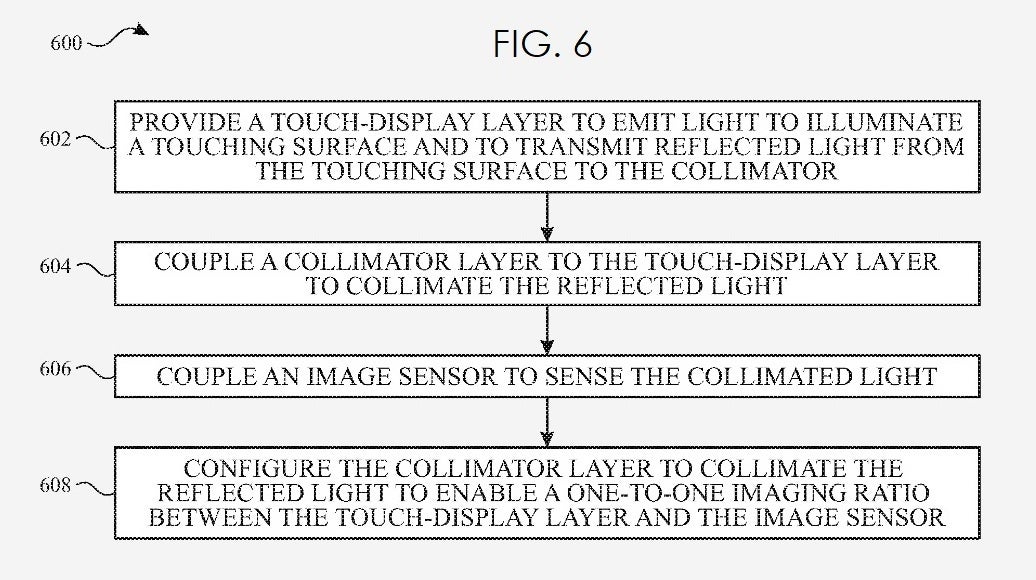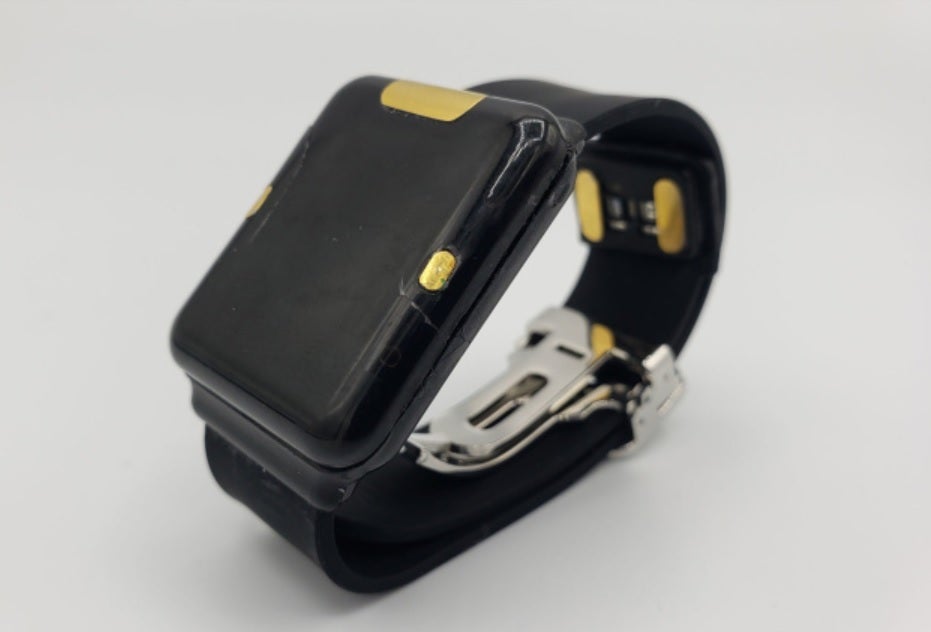Rumored feature for next Apple/Samsung watches could result in less pain for 25 million Americans

According to Patently Apple, the tech giant recently filed for a patent application that could lead to the return of Touch ID on the iPhone as soon as this year. Why take a step back technologically with Face ID already unlocking millions of iPhone units every day? Well first of all, there are many people who are getting fed up with Apple's facial recognition. Frankly, it often takes multiple attempts to unlock yours truly's iPhone 11 Pro Max. And the other day, when I had the occasion to use my Pixel 2 XL, the rear fingerprint sensor felt faster and easier to use. Not that we would expect Apple to copy Google and drop Face ID completely (Hello Pixel 5, we're looking at you).
Based on the patent application, there is a possibility that Apple could equip the upcoming iPhone 13 series or later models with both Face and Touch ID. Users might be given the choice to toggle on one of the two options at a time. The trademark application filed by Apple focuses on "an apparatus for fingerprint sensing with a narrow field-of view (NFV) collimator and an organic imager. The apparatus includes a touch-display layer, a collimator layer and a pixelated image sensor." A collimator produces a narrow beam of rays and with a touch-display layer, it is clear that an under-display system is in the works here.
Apple has already played around with a new placement for Touch ID. With the iPad Air (2020), the tablet's fingerprint scanner was integrated into the device's power button. And while we could see this year's new iPhone series offer this feature, Apple is reportedly also looking at adding an under-display fingerprint scanner to the Apple Watch.

How Apple's under display fingerprint sensor might work according to a new patent application
A report from ETNews (via MSPoweruser) details a possible new health-related feature that would appear on both the Apple Watch Series 7 and the next Samsung Galaxy Watch. For some time we've told you that Apple has been working on a non-invasive glucometer for the Apple Watch. This is the device that insulin dependent diabetics use before each meal to check their blood sugar so that they can figure out the proper dose of insulin that they need. The process requires that diabetics draw a little blood by poking their fingertip with a sharp needle-like lancet. But it appears that the next generation of smartwatches from Apple and Samsung will make life a little less painful for diabetics.

Non-invasive glucometer from Quantum Operation introduced at CES this year
Samsung will reportedly release three new smartwatches in the second half of 2021 and the model that will offer the blood glucose readings will be called the Samsung Galaxy Watch 4 or the Samsung Galaxy Watch Active 3. The Apple Watch Series 7 will supposedly offer the same feature. The timepieces will use a technology called Raman spectroscopy. Using a laser light, this technology is able to determine the composition of a substance, such as the amount of glucose in a person's blood. There are also other applications for this technology that go beyond diabetics.
But even limiting this feature to monitoring blood glucose levels could result in heavy demand for Apple and Samsung's new smartwatches equipped with the capability to produce painless blood glucose readings.In the U.S. alone, there are 25 million insulin dependent diabetics according to the World Health Organization (WHO); that number is rising thanks to the poor diet and lack of exercise that most Americans experience.
If Apple and Samsung do offer this feature on their new smartwatches, there is no room for error. A reading that is off by a even a small amount can result in the user taking too much or not enough insulin. With the latter, the diabetic's blood sugar remains too high and could affect things like the user's eyesight. If too much insulin is injected, a diabetic could suffer from hypoglycemia (low blood sugar) and pass out.
Follow us on Google News













Things that are NOT allowed:
To help keep our community safe and free from spam, we apply temporary limits to newly created accounts: